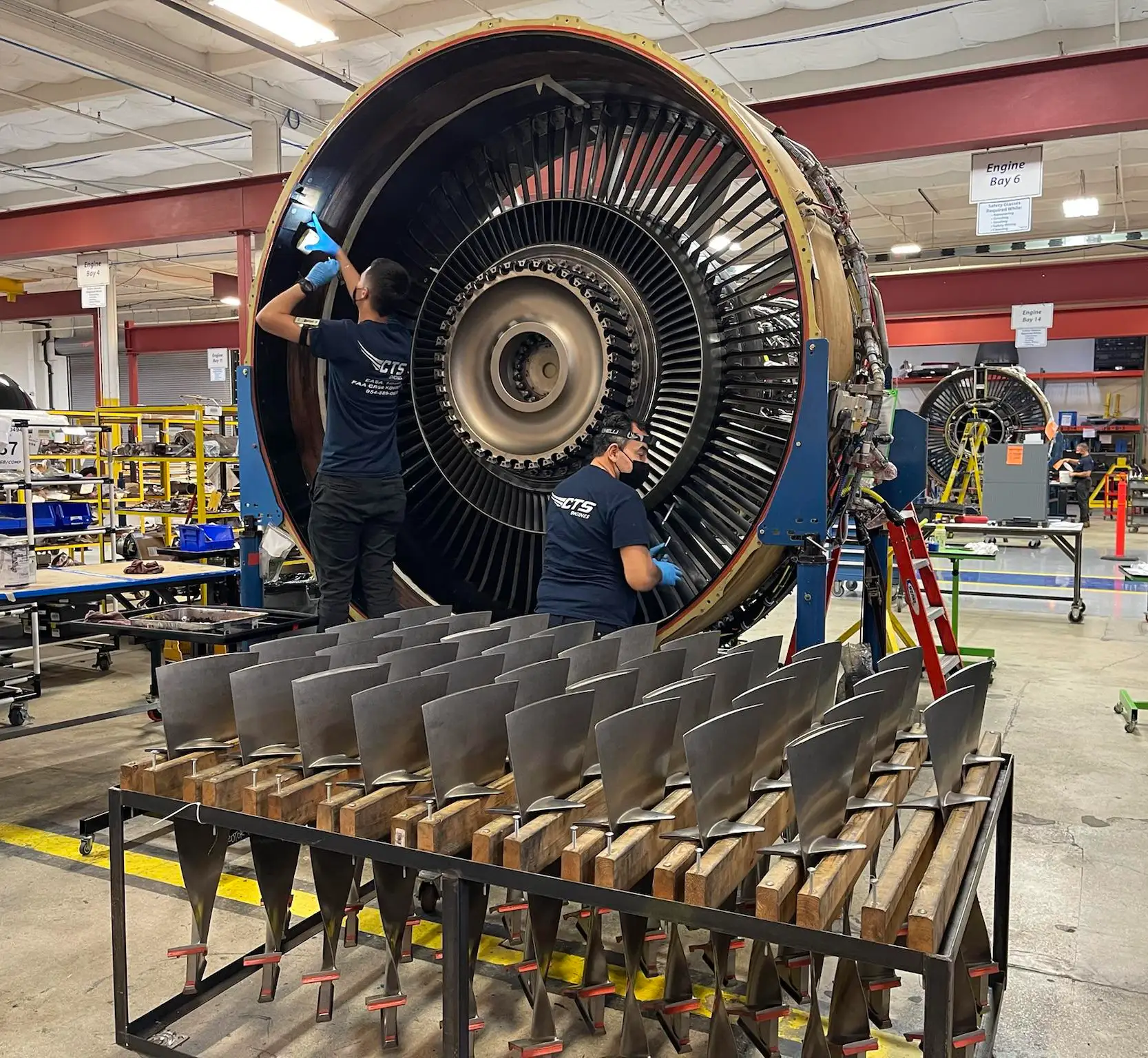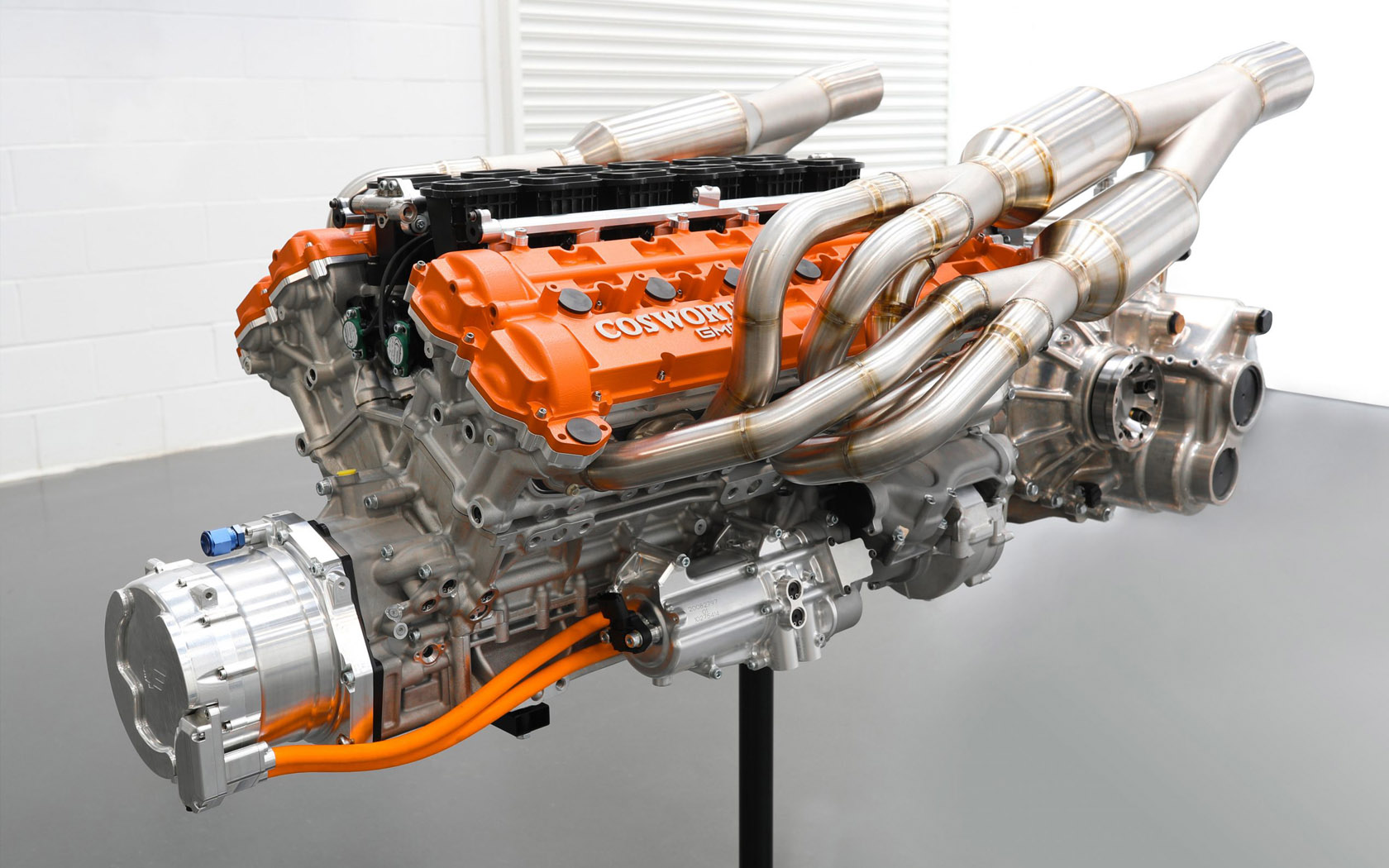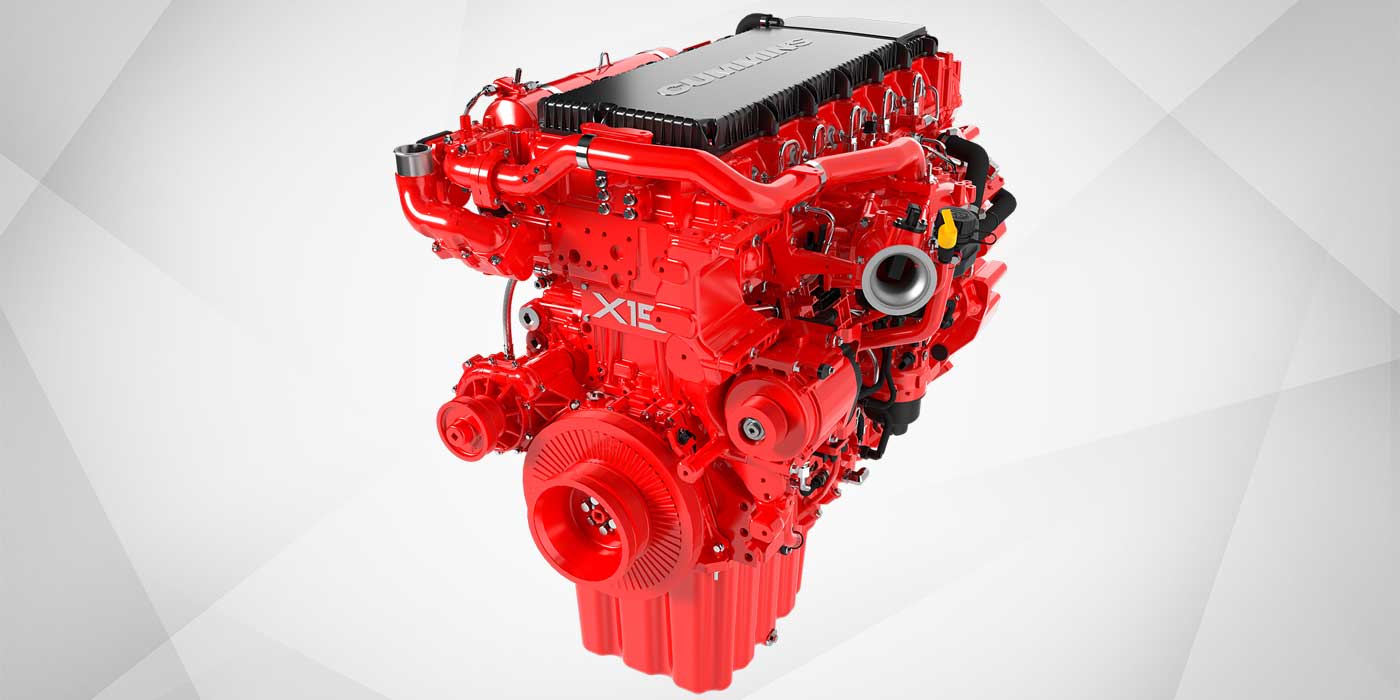A Total Overview to Purchasing From Engines For Africa
A Total Overview to Purchasing From Engines For Africa
Blog Article
Check Out a Wide Range of Engines for each Vehicle and Function
The vehicle landscape is significantly complex, with a varied range of engine kinds designed to fulfill certain performance and efficiency requirements throughout different car categories. From the high-performance engines that power cars to the fuel-efficient options customized for day-to-day travelling, the selections are large and differed. Additionally, sturdy engines offer the requirements of job cars, while eco-friendly options are gaining traction in the search of sustainable transportation. Recognizing these differences is critical for making notified decisions, particularly as arising technologies proceed to shape the future of vehicle engineering. What ramifications might these developments hold for manufacturers and customers alike?
Types of Automotive Engines
Automotive engines can be categorized right into a number of distinctive kinds, each created to meet details performance and effectiveness demands. The most usual classifications consist of interior combustion engines, electrical engines, and crossbreed systems.

Electric engines, on the other hand, operate electrical power saved in batteries, providing immediate torque and zero emissions. These engines are ending up being progressively preferred as a result of innovations in battery innovation and the expanding focus on sustainability.
Crossbreed systems combine both interior combustion and electrical engines, allowing vehicles to enhance gas performance and decrease exhausts by seamlessly changing in between power resources. Each engine kind presents its downsides and benefits, influencing elements such as automobile design, meant usage, and market need. When selecting the proper engine for their specific demands., understanding these differences is critical for makers and customers alike.
Efficiency Engines for Sports Cars
Performance engines for cars are especially crafted to deliver enhanced speed, power, and agility, establishing them in addition to basic automotive engines. These engines usually make use of innovative modern technologies such as turbocharging, supercharging, and variable valve timing to take full advantage of effectiveness and responsiveness.
Normally, efficiency engines are created with greater compression ratios, which permit higher energy extraction from gas. This results in outstanding horse power and torque figures, enabling fast acceleration and higher full throttle. Moreover, the lightweight materials utilized in these engines, such as light weight aluminum and carbon fiber, add to lowered general lorry weight, enhancing handling and ability to move.
Engine arrangements like V6, V8, and also hybrid systems prevail in efficiency cars, each offering distinct advantages in regards to power shipment and driving characteristics. The tuning of these engines is additionally critical; numerous producers enhance the engine monitoring systems to give an exhilarating driving experience, often including sport settings that readjust throttle reaction and gear changes.
Effective Engines for Daily Commuters
In the world of daily travelling, efficient engines play a critical function in maximizing fuel economic situation and decreasing emissions while supplying dependable efficiency. As urban populaces expand and environmental worries magnify, the need for automobiles furnished with efficient powertrains has actually surged.
Modern engines created for day-to-day commuters frequently include technologies such as turbocharging, direct fuel shot, and hybrid systems. Turbocharging boosts engine performance by forcing more air right into the combustion chamber, enabling for smaller sized, lighter engines that do not endanger power result. Direct fuel injection enhances fuel atomization, causing far better combustion and increased effectiveness.
Hybrid engines, integrating inner burning with electrical power, more boost fuel economy, especially in stop-and-go web traffic, where conventional engines can experience inadequacies. Electric electric motors aid throughout acceleration and can run separately at reduced my blog speeds, lowering total gas intake.
Furthermore, innovations in engine monitoring systems and light-weight products contribute significantly to efficient engine design. By concentrating on efficiency, sturdiness, and environmental sustainability, manufacturers remain to supply engines that not just fulfill the demands of day-to-day travelling however also straighten with international initiatives to decrease carbon footprints.
Heavy-Duty Engines for Work Cars
Durable engines for work lorries are regularly crafted to provide phenomenal torque and reliability under requiring problems. These engines are designed to execute in atmospheres where conventional engines may falter, such as building and construction websites, logging operations, original site and farming setups. The main emphasis of sturdy engines is their ability to generate high degrees of power while preserving resilience over expanded durations of operation.
Typically, sturdy engines use advanced products and robust construction methods to withstand the roughness of heavy work. Functions such as enhanced cylinder blocks, boosted air conditioning systems, and advanced fuel shot technologies add to their efficiency. These engines often run at reduced RPMs, which aids to maximize fuel effectiveness while giving the necessary power for hauling and lugging.
Along with mechanical effectiveness, heavy-duty engines are usually equipped with advanced digital control devices (ECUs) that manage performance, exhausts, and diagnostics. This integration permits far better tracking and maintenance, making certain that work cars stay reliable and functional.
Ultimately, heavy-duty engines are a necessary part in the productivity of various industries, providing the needed power and integrity to take on the hardest of jobs.
Eco-Friendly Engine Options
The growing emphasis on sustainability has resulted in the advancement of environment-friendly engine alternatives that focus on lowered important site exhausts and boosted gas performance. These engines are made to decrease the ecological influence of lorries while still delivering the performance and integrity expected by consumers.
Among the most notable environment-friendly choices are electrical and hybrid engines. Crossbreed engines combine conventional inner combustion engines with electric propulsion, enabling reduced gas intake and reduced greenhouse gas emissions. Electric engines, on the various other hand, run completely on battery power, producing zero tailpipe emissions and contributing to cleaner air quality.
One more appealing advancement is the development of biofuel engines, which make use of sustainable sources, such as plant materials, to power vehicles (Engines For Africa). By making use of biofuels, these engines can decrease dependence on nonrenewable fuel sources and lower total carbon footprints

As the vehicle industry advances, green engine choices will play a critical function in driving the transition in the direction of more lasting transportation options.
Final Thought
The automotive sector offers a varied array of engines made to satisfy numerous car demands and objectives. From high-performance engines that boost sports cars and truck capabilities to reliable versions prioritizing gas economic climate for day-to-day commuters, each kind serves a certain feature. Heavy-duty engines satisfy durable work automobiles, while eco-friendly choices, such as electrical and biofuel engines, advertise sustainable transport. This extensive variety ensures that all driving requirements are resolved, adding to improvements in auto technology and environmental stewardship.

Report this page